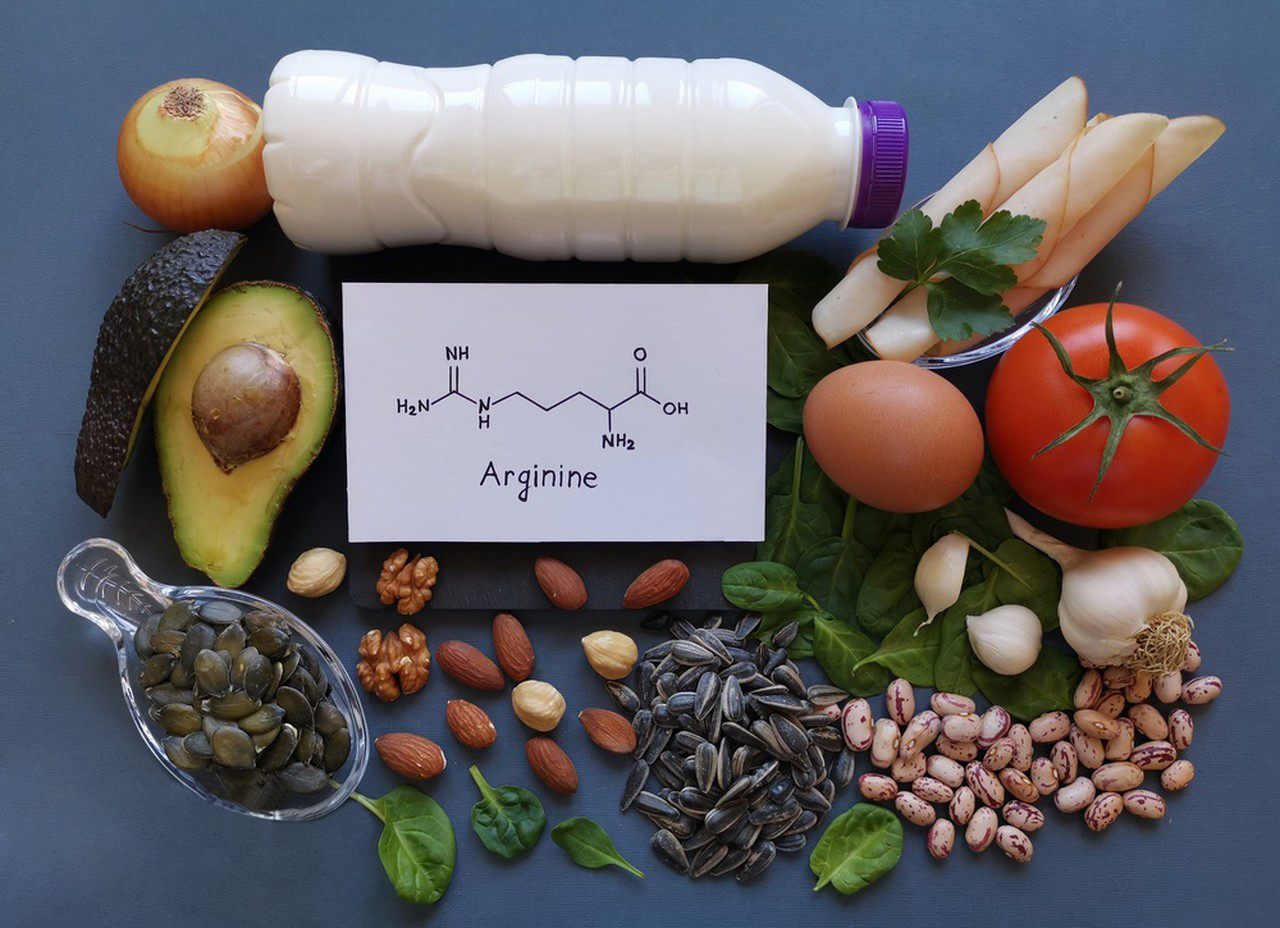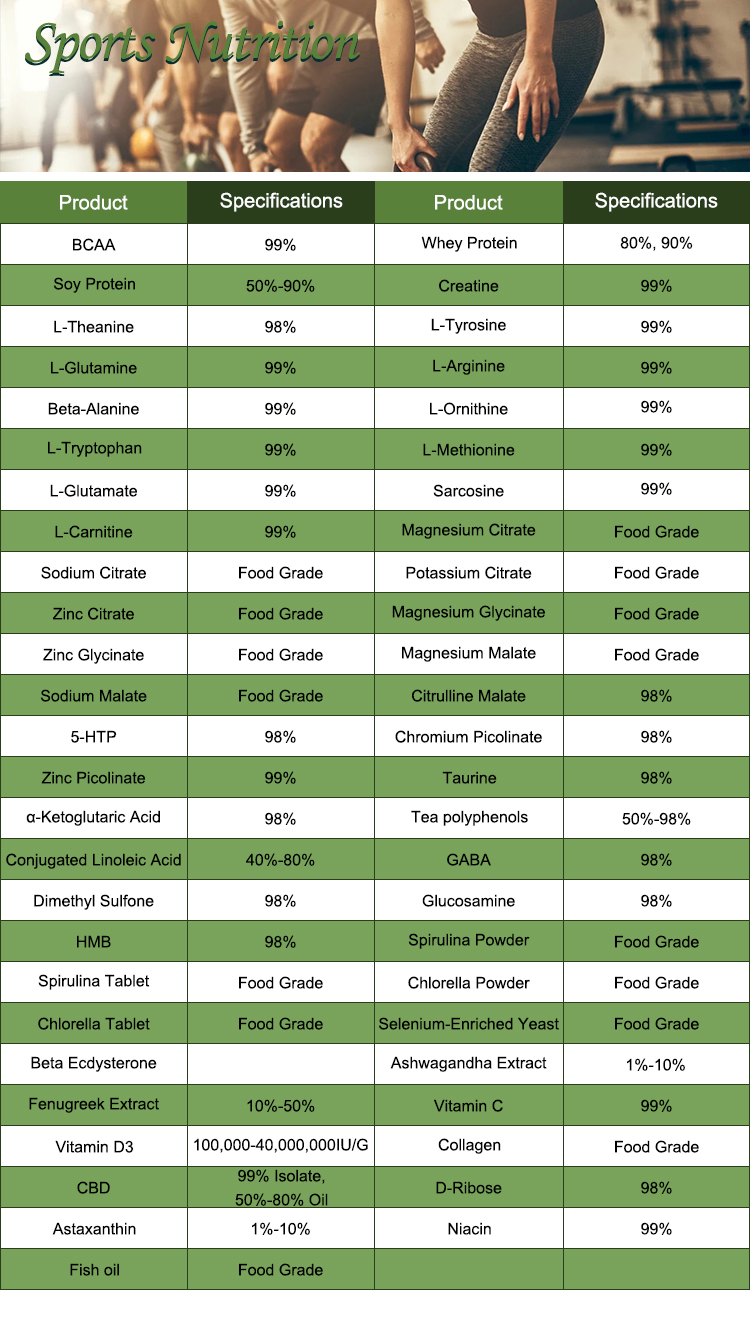L-Arginine is a semi-essential amino acid with a wide range of physiological and potential therapeutic applications. It plays a crucial role in various metabolic pathways in the body and has been the subject of comprehensive research across multiple fields, including nutrition, medicine, and sports science. Here is an overview of some key aspects of L-arginine research:
1.Biochemistry and Metabolism:
- L-arginine is a precursor for the synthesis of nitric oxide (NO), a potent vasodilator, which helps regulate blood vessel tone and blood pressure. This has led to extensive research on its role in cardiovascular health.
2.Cardiovascular Health:
- Numerous studies have explored the potential benefits of L-Arginine supplementation in improving endothelial function, reducing blood pressure, and preventing cardiovascular diseases such as atherosclerosis.

3.Nitric Oxide Production:
- Research has focused on understanding how L-arginine impacts NO production and how NO influences various physiological processes, including immune function and neurotransmission.
4.Exercise and Sports Nutrition:
- L-arginine has been studied for its potential to enhance exercise performance, muscle growth, and recovery. It is often included in pre-workout supplements due to its vasodilatory effects.
5.Wound Healing and Tissue Repair:
- L-Arginine is essential for collagen synthesis, making it important for wound healing and tissue repair. Some studies have investigated its use in patients with chronic wounds.
6.Immune Function:
- L-arginine is involved in immune cell function and has been studied in the context of immune support and its potential role in infectious diseases.
7.Neurological and Cognitive Function:
- Research has explored the role of L-arginine in neurological health, including its potential to improve cognitive function and its involvement in conditions like Alzheimer’s disease.
8.Reproductive Health:
- L-Arginine has been studied for its role in male fertility as it plays a role in sperm production and motility. It has also been explored in the context of female reproductive health.
9.Antioxidant Properties:
- Some studies have investigated the antioxidant properties of L-arginine and its potential to reduce oxidative stress in various conditions.
10.Clinical Applications:
- L-arginine supplementation has been used as a therapeutic intervention in conditions such as hypertension, erectile dysfunction, and angina pectoris. Research continues to explore its effectiveness in these areas.
11.Safety and Side Effects:
- Research has also focused on the safety of L-arginine supplementation, including potential side effects and interactions with medications.
12.Dietary Sources:
- Understanding the dietary sources of L-Arginine and its role in overall nutrition is an important aspect of research, particularly in the context of diet and health.

It’s important to note that while L-arginine has shown promise in various areas, its effectiveness can vary depending on individual health conditions and specific applications. Before using L-arginine supplements for any medical or performance-enhancing purposes, it’s advisable to consult with a healthcare professional who can provide guidance based on your specific needs and circumstances. Additionally, research in this field continues to evolve, so staying updated on the latest findings is essential for making informed decisions.
